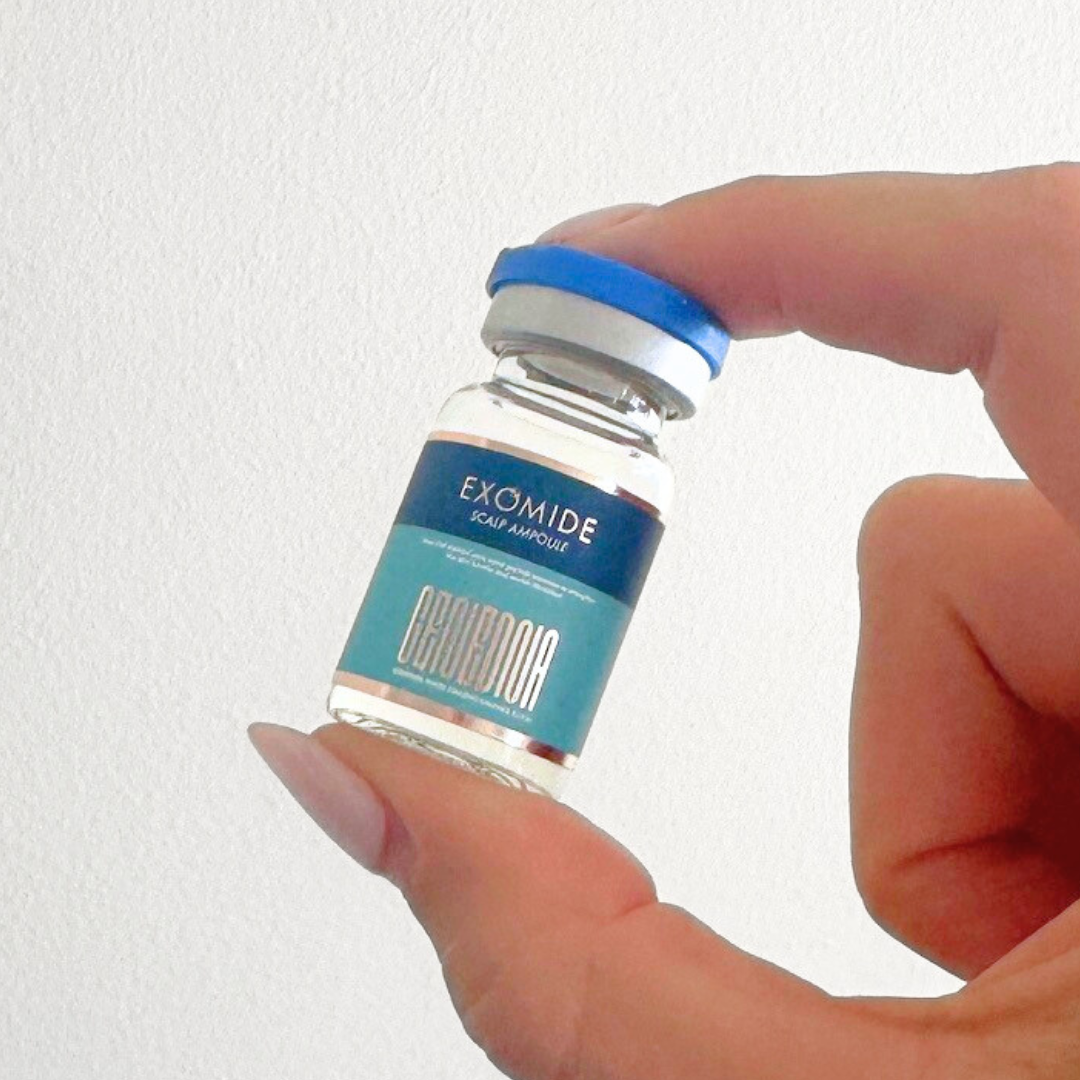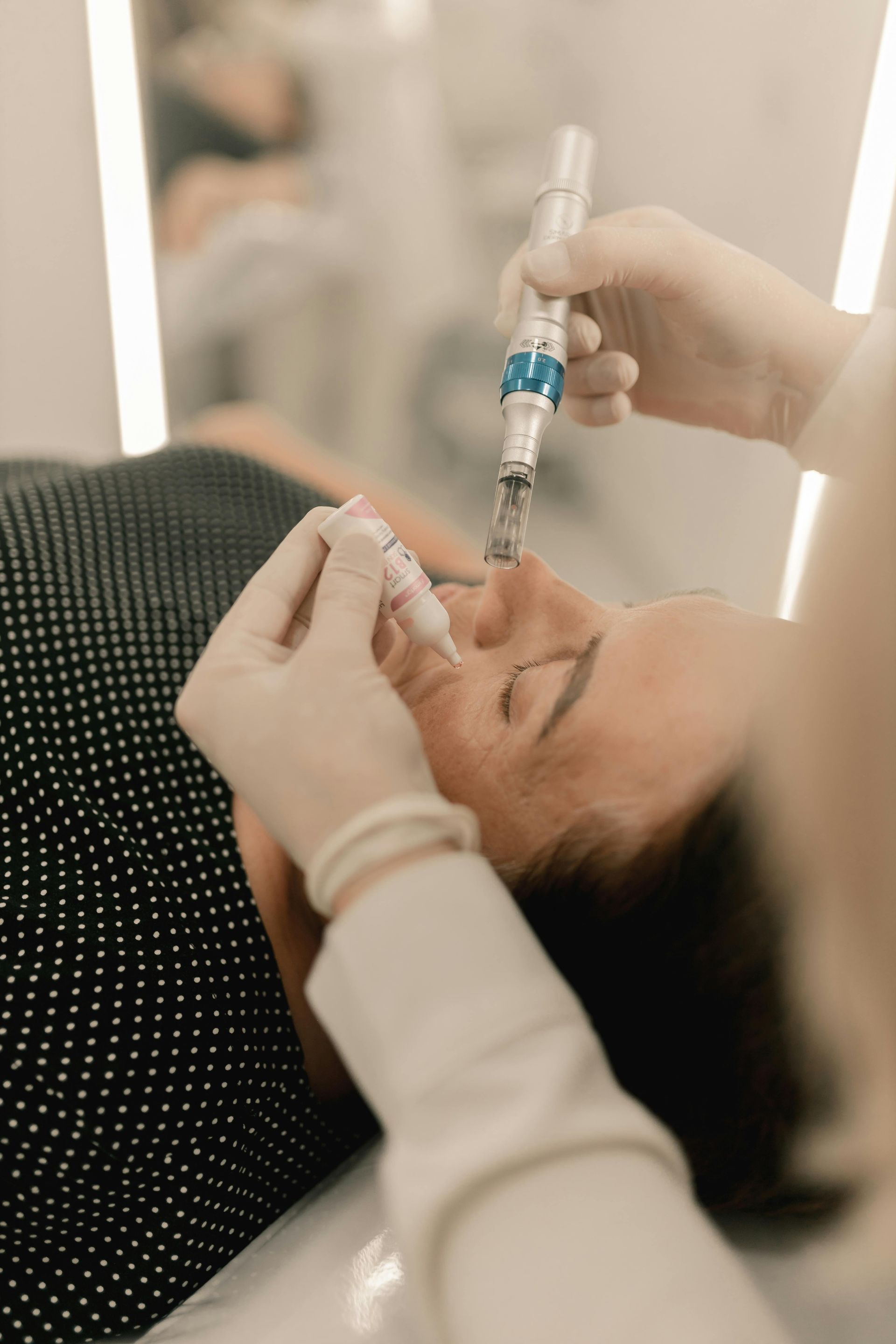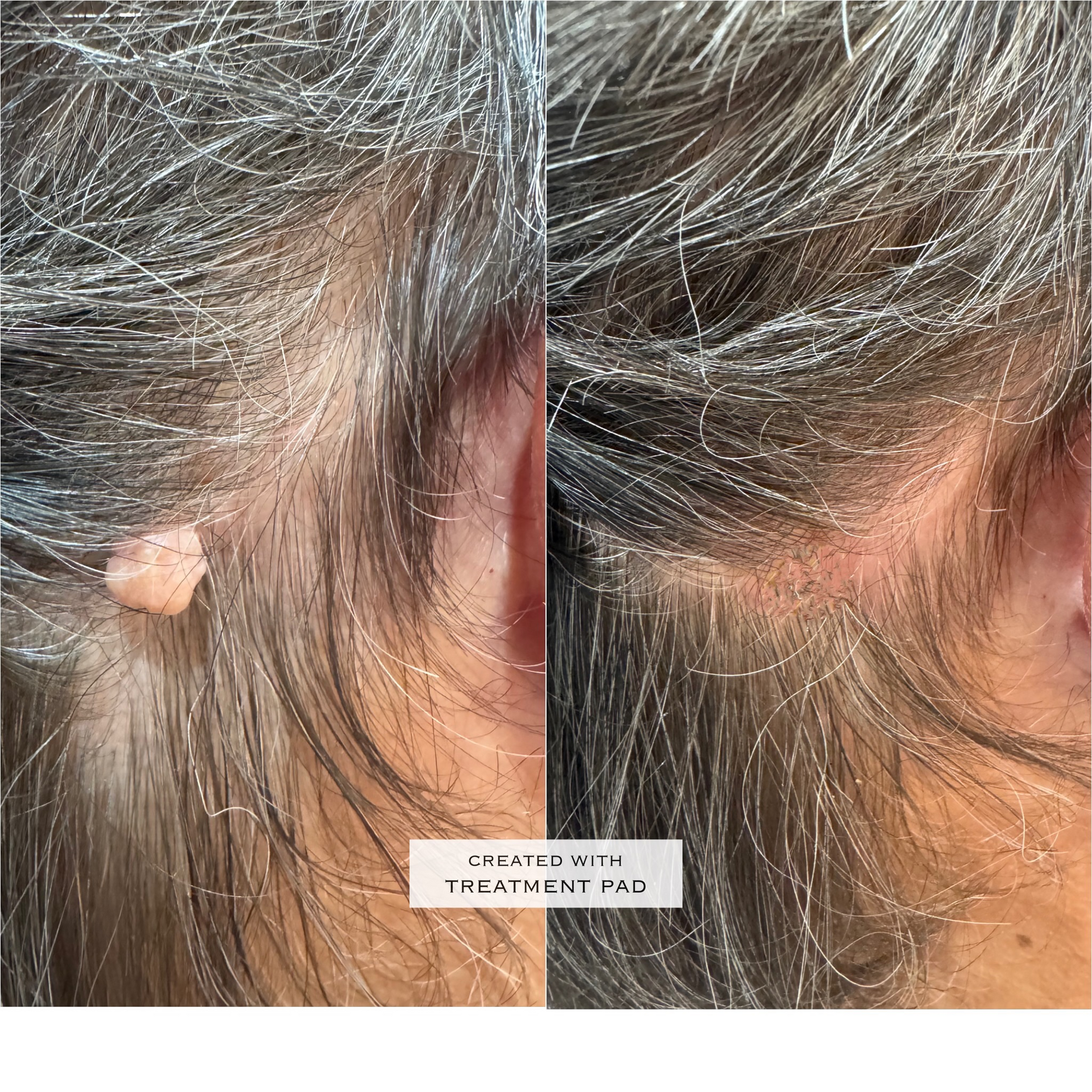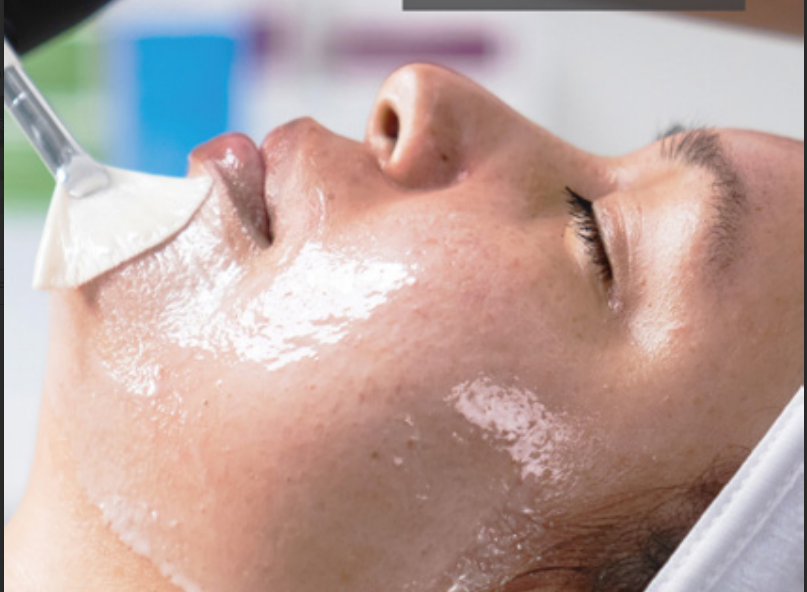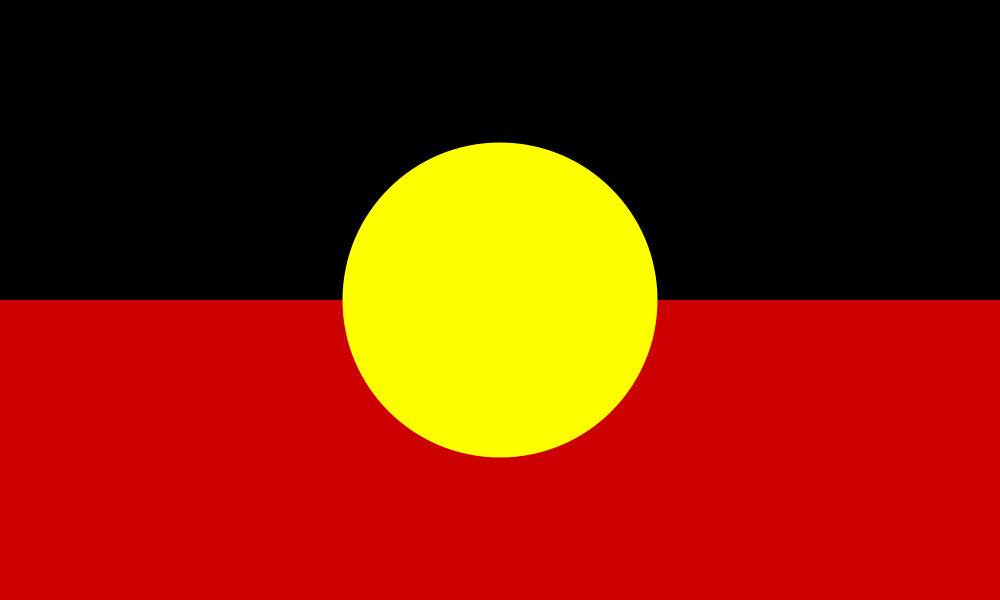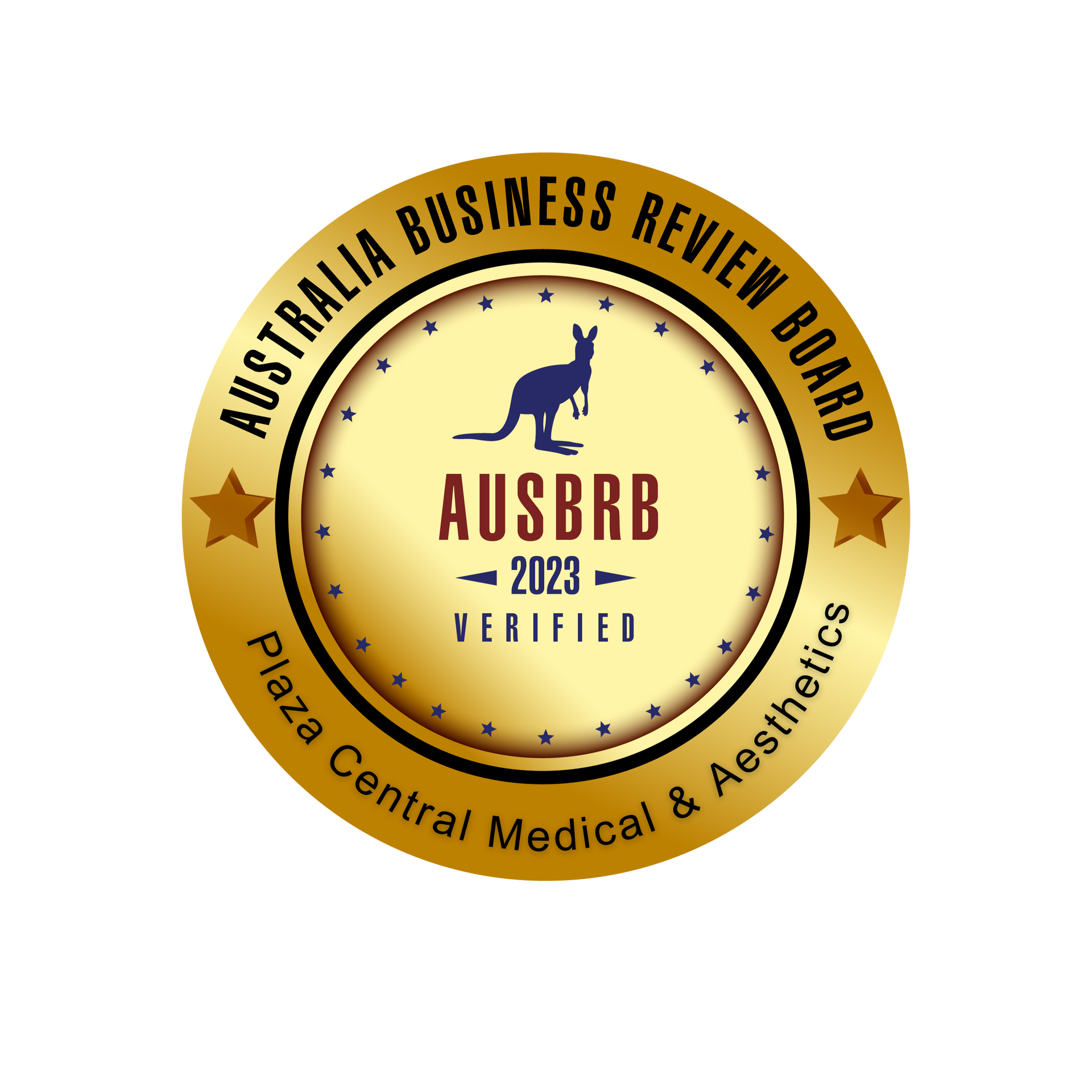Meningococcal Disease
Understanding Meningococcal Disease: Risks, Symptoms, and Vaccination
By Radhika Narayan- Nathn
Meningococcal disease, caused by the bacterium Neisseria meningitidis, is a serious and potentially life-threatening infection. It primarily affects young children and adolescents but can impact individuals of any age. This blog post aims to provide an overview of meningococcal disease, including its types, symptoms, prevention, Qld Health vaccine updates and the importance of vaccination.
What is Meningococcal Disease?
Meningococcal disease can manifest in two main forms:
- Meningitis: An infection of the protective membranes (meninges) surrounding the brain and spinal cord.
- Meningococcemia: A bloodstream infection that can lead to severe septicemia.
Both forms can progress rapidly and require immediate medical attention.
Types of Meningococcal Disease
There are several strains of Neisseria meningitidis, with the most common being:
- Serogroup A
- Serogroup B
- Serogroup C
- Serogroup W
- Serogroup Y
Each serogroup poses different risks and is covered by specific vaccines. Notably, serogroup B is prevalent in many developed countries, including Australia.
Symptoms
Symptoms of meningococcal disease can appear suddenly and may include:
- High fever
- Severe headache
- Stiff neck
- Nausea and vomiting
- Sensitivity to light
- Rash (sometimes purplish spots)
In infants, symptoms may include irritability, poor feeding, and a bulging fontanelle (soft spot on the head). Early recognition is crucial, as the condition can deteriorate rapidly.
Risk Factors
Certain groups are at higher risk for meningococcal disease, including:
- Infants and young children
- Adolescents and young adults, particularly in communal living settings (e.g., dormitories)
- Individuals with weakened immune systems
- Travelers to areas where meningococcal disease is endemic
Prevention Through Vaccination
Vaccination is the most effective way to prevent meningococcal disease. Several vaccines are available:
- Meningococcal ACWY vaccine: Protects against serogroups A, C, W, and Y. It is typically recommended for adolescents and young adults, as well as those at higher risk.
- Meningococcal B vaccine: Specifically targets serogroup B and is recommended for infants and young children, as well as for adolescents.
The Australian Immunisation Schedule
In Australia, meningococcal vaccinations are included in the National Immunisation Program (NIP).
The Queensland MenB Vaccination Program is the largest state-funded immunisation program ever implemented in Queensland.
The Queensland MenB Vaccination Program makes menB vaccines available for eligible infants, children and adolescents in addition to NIP eligible groups.
MenB vaccine is available for purchase on the private market for those who are not eligible under the NIP or the Queensland MenB Vaccination Program. Please discuss with your dr at the next visit.
Eligible groups
The following Queenslanders are eligible for the Queensland MenB Vaccination Program:
- Infants, 6 weeks to less than 12 months of age.
- Catch-up immunisation for children aged 12 months to less than 2 years of age who have not yet started or completed a course of menB immunisation with the Bexsero vaccine.
- Adolescents aged 15 to less than 20 years.
Once immunisation is commenced during the eligibility period, a person remains eligible for their second dose, regardless of age.
Funding
The menB vaccine is free for eligible people. A consultation fee is charged for screening to ensure eligibility and that you are medically fit to receive the vaccination.
How to make a booking
Bookings can be made via plazacentralmedical.com.au and by clicking on the medical bookings button.
Please ensure to indicate that you are attending for vaccination.
You may also call us on 07 5343 7660 during business hours and make a booking.
0
ConclusionMeningococcal disease is a serious infection that can lead to severe health complications. Understanding the risks, symptoms, and preventive measures is crucial for safeguarding public health. Vaccination remains the most effective strategy to combat this disease. By staying informed and ensuring that individuals—especially children and adolescents—are vaccinated, we can work towards reducing the incidence of meningococcal disease and protecting our communities.
References
- Australian Government Department of Health. (2023). National Immunisation Program Schedule. Department of Health website.
- Centers for Disease Control and Prevention (CDC). (2022). Meningococcal Disease. CDC website.
- World Health Organization (WHO). (2023). Meningococcal Disease Fact Sheet. WHO website.
- https://www.health.qld.gov.au/clinical-practice/guidelines-procedures/diseases-infection/immunisation/meningococcal-b
By prioritizing vaccination and awareness, we can effectively reduce the threat of meningococcal disease and protect the health of our communities.
Read our blogs
